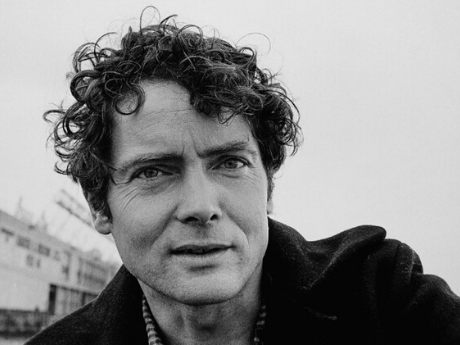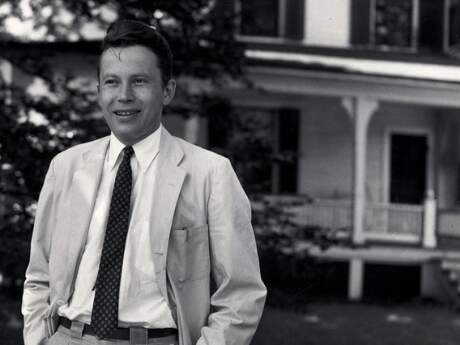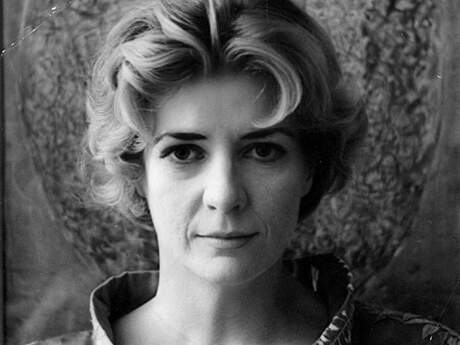First Loves
W. S. Merwin: First Loves

One great stroke of luck for me, as I came to realize much later, was growing up hearing poetry read aloud from the Bible after breakfast—my parents reading to us, that is, before my sister or I had learned to read. The practice never developed much momentum, and it tailed off like the keeping of most journals, but it left in my ear the sound of my mother's voice (I knew my father's from church) reading psalms. The voice was the same that she used for everything but it was refracted by this remote, resonant, lingering language. I loved that more than I knew at first.
My mother also read poems to my sister and me, and the two that caught me first and have stayed in my mind ever since are "Where Go the Boats?" from Robert Louis Stevenson's A Child's Garden of Verses (she read us that whole collection many times) and Tennyson's "The Brook." I did not know that I loved those poems, but I would say the lines over to myself, savoring the way they went and their evocation, again and again, of clear images of their flowing streams. We were living then on a side street in Union City, New Jersey, and the thought of those streams and the sounds of the words comprised a pleasure which I had not begun to understand. Some time along in there my mother read the third—very different—poem that would at once assume importance for me then: Browning's "The Pied Piper of Hamlin."
In school years I loved poetry with an indiscriminate appetite rather than true love. I would memorize poems framed on the walls of living rooms—that kind of thing—and jingles in magazines, light verse, passages from the Victorian heavies in the house (Longfellow, Bryant, Whittier, Tennyson). I wandered through "The Idylls of the King" and got lost in Byron, but can scarcely say I loved them. There was an anthology of The Best Loved Poems of the American People in the house, and I picked through that Fanny Farmer assortment and tried to write poems of my own.
Then in early adolescence four poems caught fire one by one and went on burning. Coleridge's "Kubla Khan," Wordsworth's "Tintern Abbey," Blake's "Tyger," and Shelley's "Ode To the West Wind." Such different poems, but they all touched a response that continued to grow and remain new and provide something against which to compare all poetry that followed. Until suddenly I began to hear Shakespeare and Milton, and then "Sailing To Byzantium" had me spellbound. It began with hearing something I wanted to go on hearing.
Originally published in Crossroads, Fall 1998.
More First Loves
Richard Wilbur: First Loves
There was no road-to-Damascus moment of childhood or adolescence at which poetry suddenly claimed me, but I took solid pleasure, as soon as I encountered them, in Stevenson's poems for children, and Lewis Carroll's brainy nonsense, and the lyric capabilities of Twain's colloquial prose.
Carolyn Kizer: First Loves
Coached by my parents, I learned to read before I started school at age five and a half. My mother, who kept meticulous notes on my reading, somehow omitted Gertrude Stein, whose poem "Grass" was the first I learned by heart:


